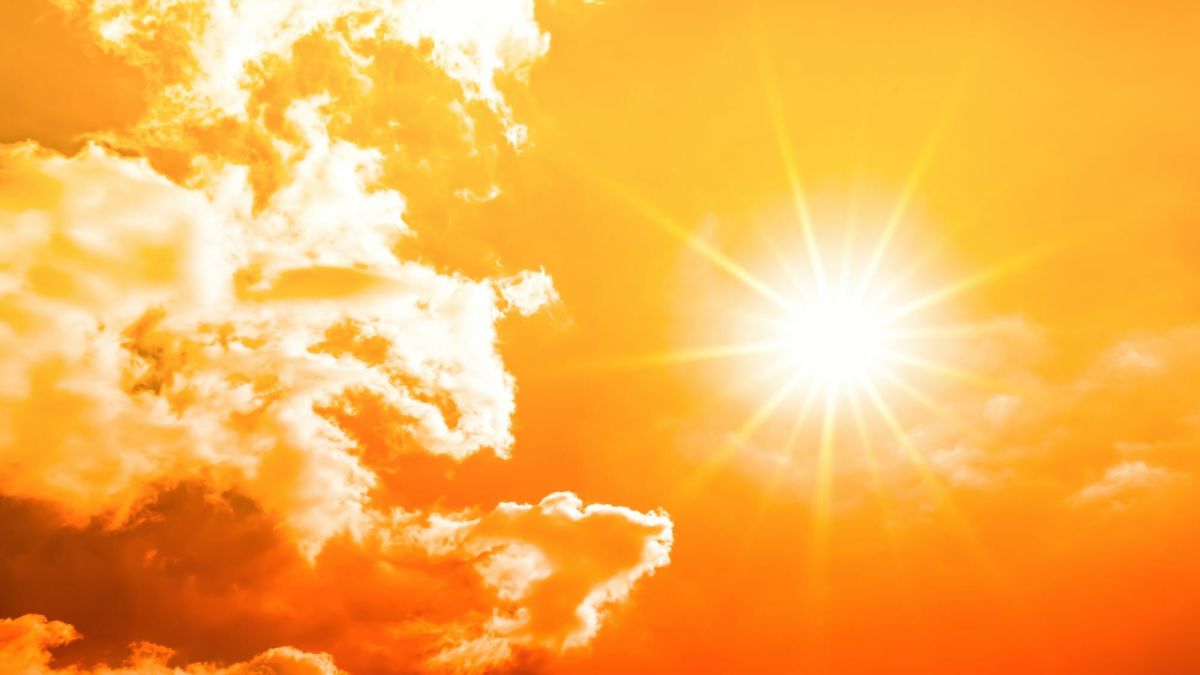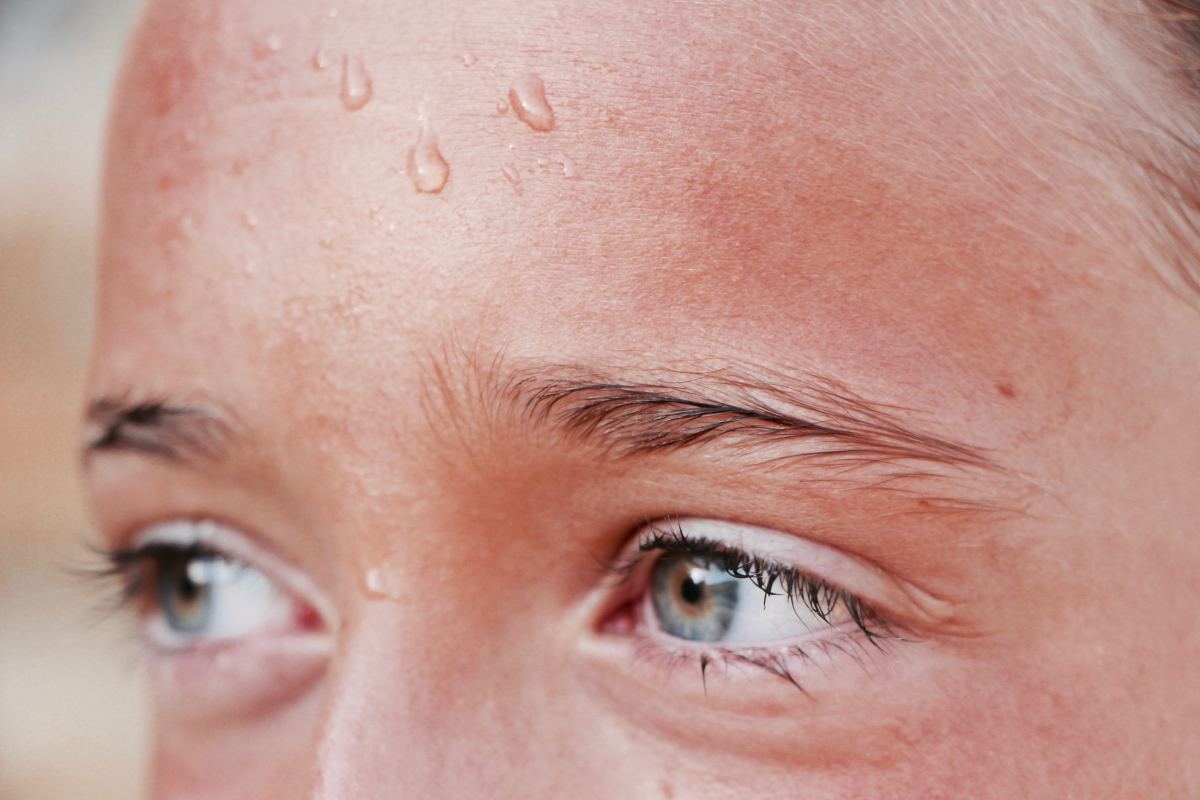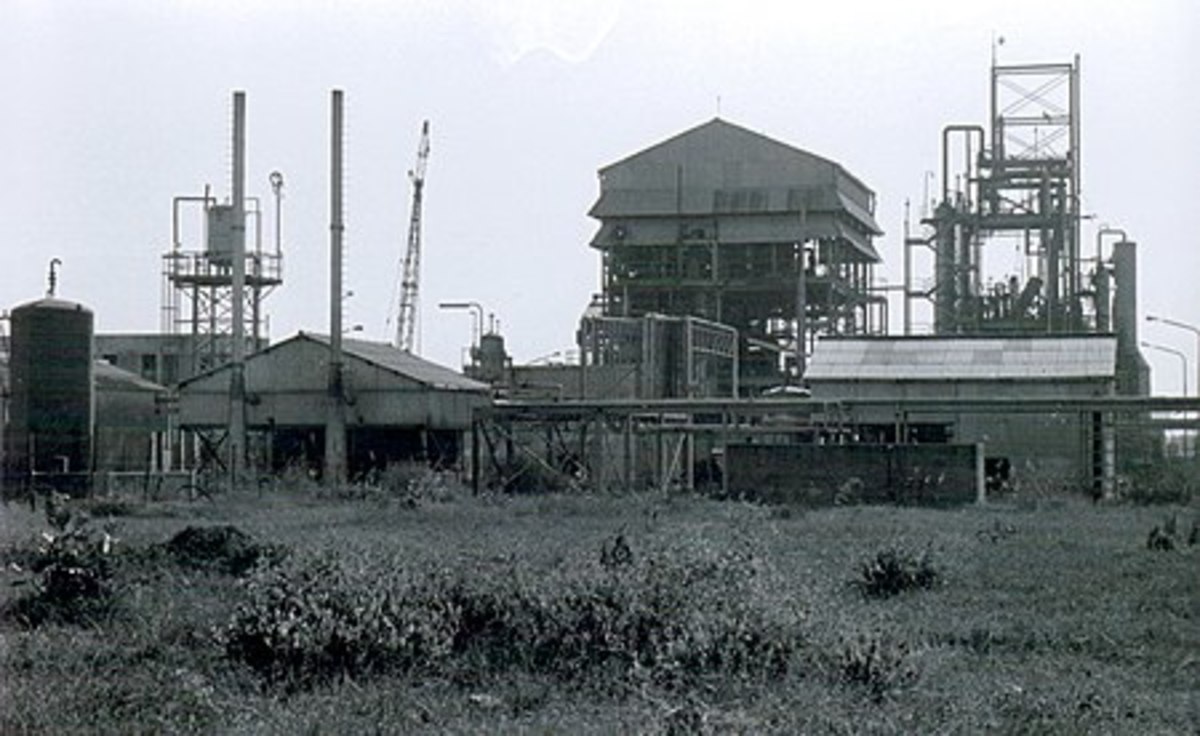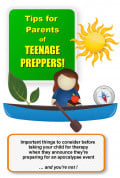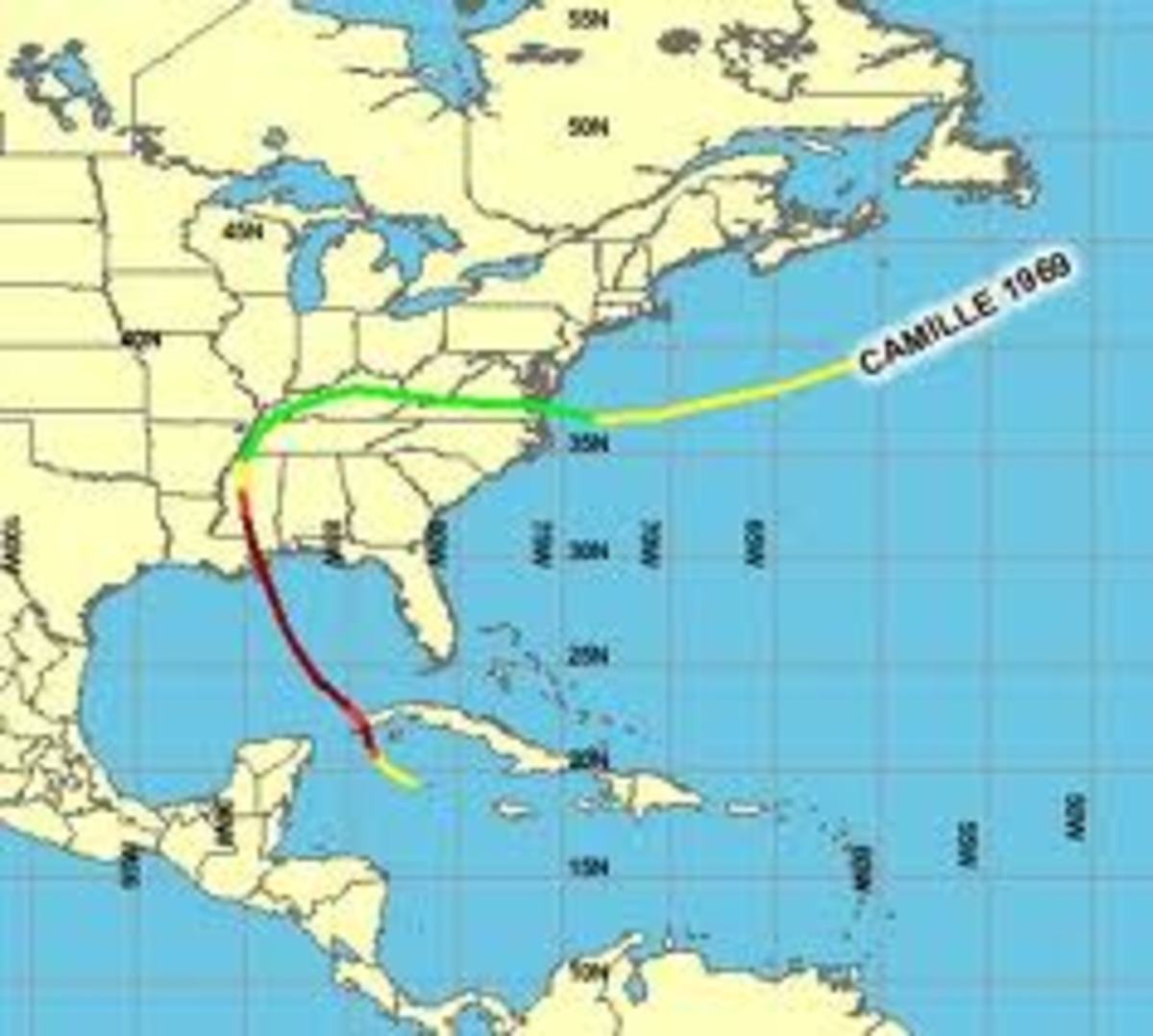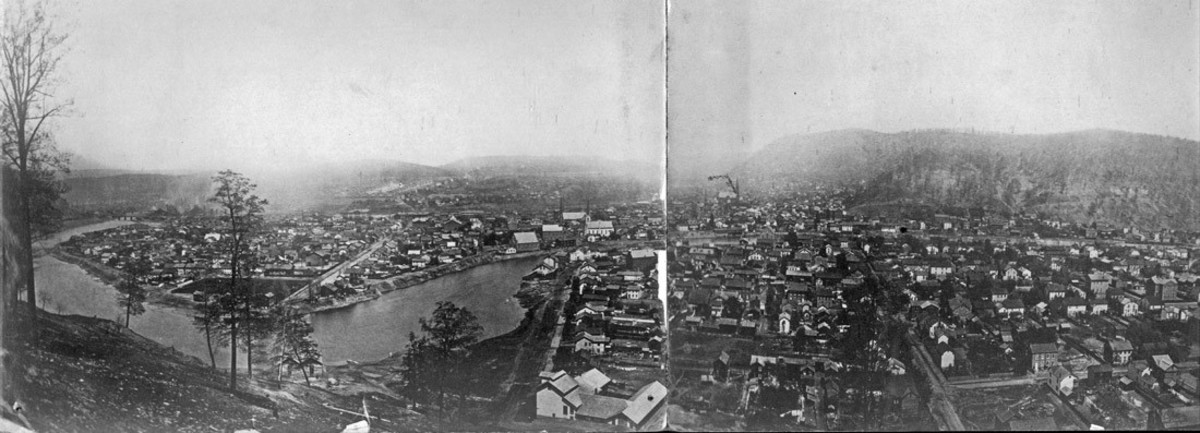Top 3 Natural Disasters That You Can Avoid
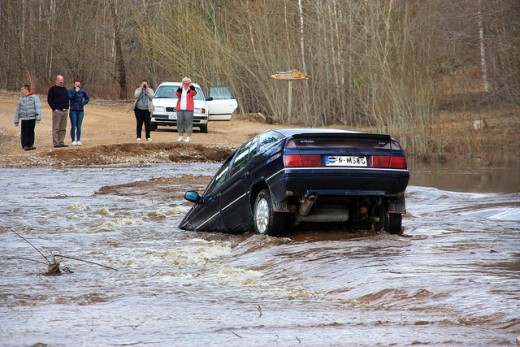
How to Avoid a Natural Disaster
Natural disasters can't be stopped unless we figure out how to play God and control the weather.
On the other hand, the consequences of a natural disaster could be prevented given the proper resources, funds, building codes, and alert systems.
We've already made great strides in protecting people and preventing death from Mother Nature's wrath, but there's still so much more to be done.
Although it's impossible to completely stop destruction, there are a few things we can improve.
There are three disasters in particular that cause a lot of damage and far too many deaths when they don't have to.
So what impacts can we lessen and which of these worst case scenarios can we avoid?
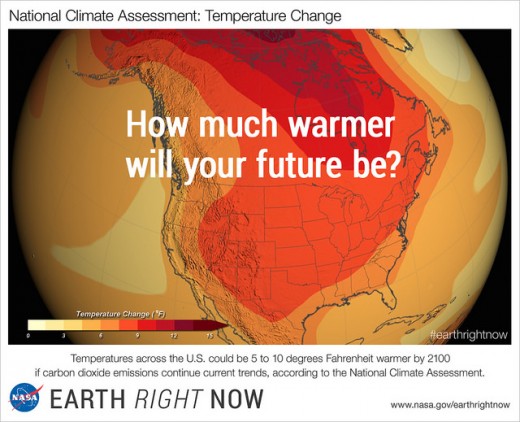
1. Heat Waves
One of the most lethal natural disasters the globe deals with annually are heat waves.
If nothing is done, then this threat will grow stronger because of climate change (unless you remain in denial).
It doesn't take much heat and humidity to cause significant injury and/or death especially towards young children and the elderly.
In the United States, the Chicago heat wave of 1995 was responsible for hundreds of deaths and was one of the deadliest heat waves in U.S. recorded history.
In 2003, Europe suffered one of the most lethal heat waves to ever strike the continent causing numerous deaths as well escalating drought and power outages.
Similar periods have occurred in other parts of the globe including parts of the Middle East, Australia, and in southeast Asia.
But powerful cold waves have caused problems in the past as well, so why aren't they as problematic as heat waves?
The heat will be far more lethal than a cold wave because there's only so much outerwear we can take off before it's too much. In cold waves, you can at least protect yourself by putting on more garments.
The heat is also far more prolific and widespread than any other disaster and gets worse year-to-year. It also fuels drought because the hotter it gets, the faster moisture evaporates yielding drier conditions.
In turn, droughts allow for progressive heating as vegetation and plant life dies creating a harsh, destructive cycle that can continue for years or decades in some locations.
So what can be done to prevent the horrors of a heat wave?
It'll require a lot of money, time, and global distribution. People will require more air conditioning units (A/C) and more water.
Since the elderly are often affected, governments would have to address the public health care system regarding natural disasters' impacts.
We can't ignore the fact that these disasters will continue to escalate.
In the coming decades, the amount of people 65 or older will triple in this country making more of them susceptible to the heat.
I realize illness is the greatest concern for our senior citizens, however; natural disasters are partially responsible for generating their own illnesses.
2. Hurricane's Storm Surge
How is it possible that in 2019 we are still seeing such devastation from tropical systems.
The United States has been hit hard most recently by hurricanes Michael, Irma, Harvey, and Sandy and before that it was Katrina and the other monster storms from the awful 2004 and 2005 hurricane seasons.
The typhoon season was just as bad with the Philippines getting absolutely devastated by Typhoon Haiyan in 2013. It's understandable why poorer countries suffer economically from these disasters, but the fact that so many people are dying is inexcusable.
In the past predicting where a tropical system would go proved to be a challenge, so the outcome wasn't surprising when it occurred. However, today we know which region a storm will impact several days ahead of time.
If we know which coastal locations will be in harm's way, then there should be no excuse for the substantial amount of deaths and injuries.
2005's Hurricane Katrina was one of the deadliest natural disasters in US history, but the focal point of its impacts wasn't even from the hurricane.
Rather it was our faulty levee system that ultimately caused 80 percent of New Orleans, Louisiana to go underwater. Had we updated the system, then the amount of lives lost and destruction would have been far less than what we saw.
The error was identifiable, but a government's mentality is sometimes akin to a child's thought process. They didn't want to shell out extra money to fix the levee system, and they didn't think we would ever have to deal with such a situation.
Yet they conveniently forgot that New Orleans has been hit with several major hurricanes in the past including Betsy and Camille, and they still refused to improve the area's infrastructure.
Did they also forget that New Orleans is surrounded by water and that a large chunk of the city is below sea level!
Not having the resources to build stronger towns and cities is one thing, but a first world country that has a city in an obvious hurricane bullseye should have known better.
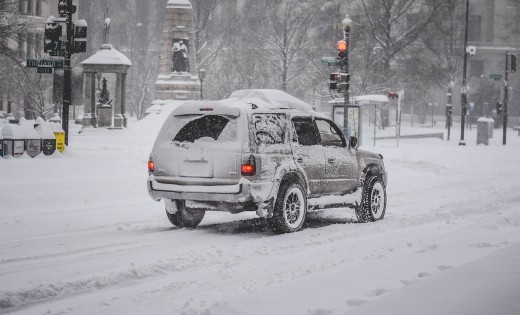
3. Blizzard
Along the lines of tropical systems, blizzards can be predicted several days before they occur.
For those unfamiliar, a blizzard is essentially a snowstorm with very strong winds, which is often worse than a typical snow event.
In theory, a blizzard isn't dangerous as long as you stay indoors, but that's not how things normally play out.
People are often foolish and believe they can outsmart mother nature, so they venture out in their cars only to get stuck or end up in an accident. The consequences are so easily avoidable in this event that you may question why people are so stupid sometimes.
I can't blame those who are homeless, but even then there are shelters available to escape storms like this. Yet every year there are thousands of weather related traffic accidents because people are morons and don't know when to slow down (unless it's a dire emergency).
Unlike other natural disasters, this one shouldn't be an issue. I mean yes it'll shut down businesses and schools for a day or two, but it won't destroy property like a storm surge would or kill people like heat does.
In a perfect world, people would heed the warnings and stay home until the storm passes, shovel the snow that falls, and then go to work or school the next day or two. It sounds so simple but people are ignorant, and they attempt to drive in a snowstorm or blizzard when it's unnecessary.
I'd rather be safe than sorry in this situation.
As for alerting people, I think improvements could be made in terms of our weather forecasts and maybe the roadway infrastructure could be addressed more carefully.
The last thing you want to see is another Atlanta snow jam.

